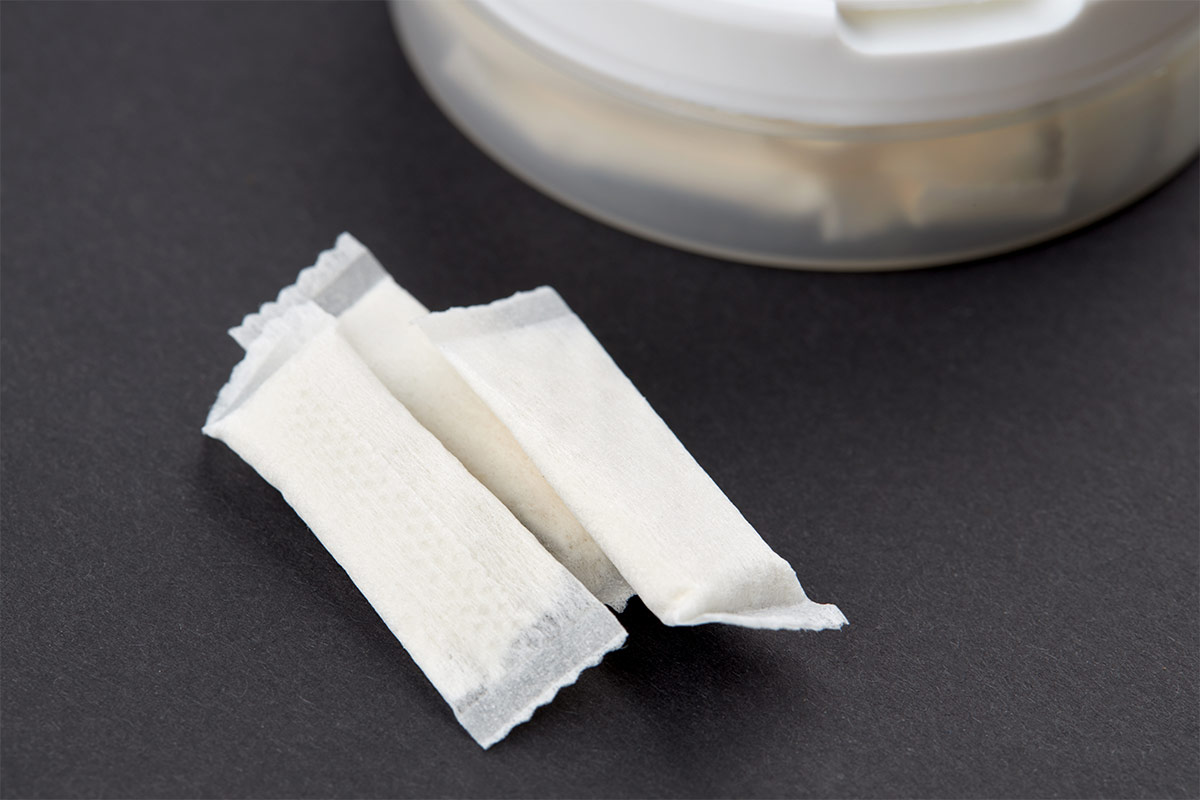New Study: How Your Body Reacts to Quitting Nicotine Pouches
According to new research published in the Harm Reduction Journal, quitting nicotine pouches can have serious consequences for existing nicotine users' blood pressure, blood sugar, cholesterol, and body weight—at least in the short term.
The findings come from a 12-week study led by Professor Fredrik Nyström from Linköping University in Sweden. He's a professor of internal medicine—specializing in endocrinology—and is well known not only in academic circles, but also among the public, for his studies on obesity, alcohol, exercise, and dietary habits.
Study Design & Purpose
The aim of Nyström's recent research was to investigate how abrupt cessation of using nicotine pouches on a daily basis can affect blood pressure, body weight, and metabolic markers such as blood sugar and cholesterol.
As part of the study, 50 daily nicotine pouch users (aged 18-70) were recruited and encouraged to quit immediately. Participants were then monitored for 12 weeks, with repeated home blood pressure measurements and regular blood samples taken.
The Uncertain Effects of Nicotine Withdrawal & Professor Nyström's Interpretations
Of those 50 participants, 33 of them completed the full 12-week program and their results clearly showed, somewhat surprisingly, that quitting nicotine pouches did not lead to any immediate cardiovascular benefits.
Instead, the study observed:
- An average increase in systolic blood pressure of 3.7 mmHg;
- An average weight gain of 1.8kg;
- An increase in long-term blood sugar (HbA1c) by 0.7 mmol/mol;
- Elevated cholesterol levels after 4 weeks;
- And a temporary increase in the inflammatory marker hsCRP.
However, it's worth noting that heart rate decreased early in the period, which may suggest that nicotine's stimulating effects on the autonomic nervous system diminish once nicotine intake stops.
Professor Nyström notes that there may be several plausible explanations for the observed changes. "One is that nicotine typically supresses your appetite and increases energy expenditure, so quitting nicotine may lead to some weight gain. Increased weight can, in turn, negatively affect both blood pressure and blood sugar. Additionally, nicotine may lower cholesterol and inflammation, but the picture is complex and definitely requires further research.”
He adds:
It’s well known that quitting smoking often leads to weight gain, but this is one of the first prospective studies specifically examining the effects on risk markers for cardiovascular disease when quitting using nicotine pouches.
Conclusions & Future Needs
Professor Nyström concludes that quitting snus does not necessarily lead to immediate improvements in cardiovascular risk markers. It remains unclear whether these changes are temporary or long-lasting, and he's calling for more follow up research—especially on the heart health and metabolism of users and former users.
The short-term effects of nicotine pouch cessation are serious enough, however, that individuals with high blood pressure, for instance, should definitely consult their healthcare provider if they wish to quit using nicotine pouches, or if they have been recommended to do so, in order to follow the potentially dire metabolic effects if they succeed in quitting.
About the Harm Reduction Journal
The Harm Reduction Journal is a peer-reviewed, open-access scientific journal that focuses on research and commentary to do with harm reduction strategies in terms of public health, human rights, and social justice. It's a leading platform for research in the harm reduction field and is published by BioMed Central.












Login and Registration Form